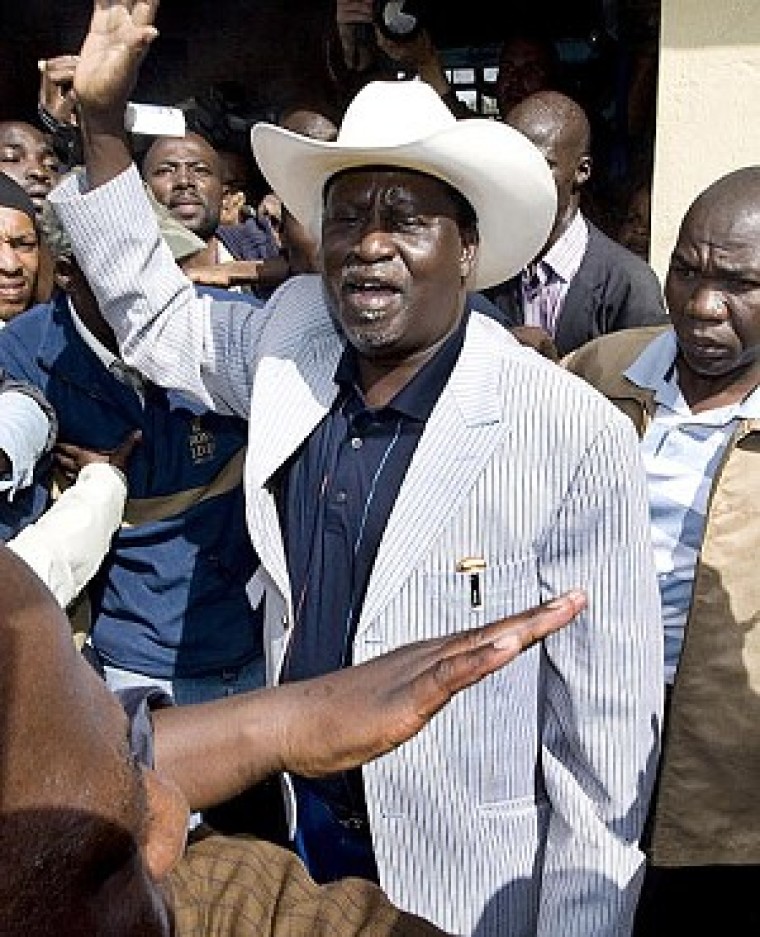
Anglican Archbishop Benjamin Nzimbi has made an appeal to all the Kenyan Anglican Churches to donate food, clothes, and other essential items to help the refugees.
Meanwhile, the Church World Service, Action by Churches Together (ACT) International, through its local partner, the Kenya Evangelical Lutheran Church, have began to distribute emergency aid at makeshift camps.
The coordinator for the African Anglophone countries of Caritas Internationalis, Margaret Mwaniki, told Ecumenical News International (ENI) news agency they were looking for food to feed the people.
"We are first looking for food and non–food items to relieve the situation. We are in all the affected towns," Ms. Mwaniki.
A Christian aid agency, World Vision, has began to distribute food and relief supplies to displace people in Nairobi. Nick Wasunna, the World Vision Emergency Advisor, said the humanitarian crisis would get worse over the coming weeks and warned one week of violence could create devastating consequences.
"One week of violence will no doubt impact people's lives for a long time. Incomes have been affected, particularly for those whose businesses have been destroyed or who rely on passing trade," Mr. Wasunna told the Religious Intelligence. "Food prices in many areas have rocketed and many people remain homeless."
Though the churches and other Christian ministries are providing humanitarian relief to the poverty-stricken nation and praying for peace to prevail, there is a limit to what they can do to stop the political unrest.
The Catholic Bishop of the Eldoret diocese, one of the worst-hit districts, Peter Kairo, said unless the two rival candidates, Mwai Kibaki and Raila Odinga, talk to each other destruction and anarchy would continue to haunt the East African nation.
"We can try as ordinary Kenyans to pray and preach peace amongst ourselves, but if there is no word from Kibaki and Raila, then anarchy and destruction will persist," Bishop Kairo said.
National prayers for peace were held throughout Kenya at Sunday services on 6 January. The United Nations estimated that as many as 250, 000 people are currently being displaced by the violence.